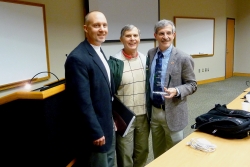The Hunter-Bamman Award Lecture is designed to honor the work of two pioneers of exercise research at UAB - Gary Hunter, PhD, Professor Emeritus Department of Nutrition Sciences and Marcas Bamman, PhD, Professor Emeritus, Department of Cell, Developmental and Integrative Biology and Founding Director of UCEM.
The Gary R. Hunter Award was given each spring from 2013 to 2020 as part of the Distinguished Lecture series presented by the UAB Center for Exercise Medicine. The award was named in honor of Dr. Gary Hunter, Distinguished Professor in the UAB Department of Human Studies. Dr. Hunter has been an international leader in exercise adaptation, energy metabolism and body composition research. He has more than 250 peer-reviewed publications and has had National Institutes of Health funding throughout his career. The Gary R. Hunter Award recognizes Dr. Hunter's contributions through more than 30 years at UAB and his goal as a researcher of passing knowledge along to others.
In 2021, UCEM renamed the lecture to the Hunter-Bamman Award Lecture to continue honoring Dr. Hunter while also recognizing the accomplishments of Dr. Bamman. Dr. Bamman was instrumental in increasing support and awareness for exercise medicine research both at UAB and across the nation. His research on exercise spans from biological underpinnings to clinical outcomes. He has been fostering and directing research for more than 30 years with funding from the National Institutes of Health (NIH), Department of Veterans Affairs, National Aeronautics and Space Administration, and the Department of Defense. He is a Fellow of the American College of Sports Medicine (ACSM) and served on the ACSM Board of Trustees and ACSM Science Integration and Leadership Committee. He also served as Chair of the 2021 ACSM World Congress on the Basic Science of Exercise in Regenerative Medicine.
On the UAB campus, Dr. Bamman was responsible for helping establish the > 6000 sq. ft Exercise Clinical Trials facility, and he was also a key driver in garnering NIH support for the current Molecular Transducers of Physical Activity Consortium (MoTrPAC), a Common Fund supported program designed to elucidate the molecular adaptations responsible for the wide variety of benefits of exercise on health.
-
2013 - Inaugural Hunter Award
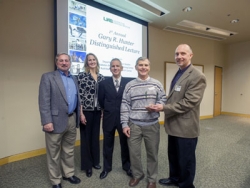
Gary R. Hunter, PhD
Distinguished Professor
Department of Human Studies
UAB School of Education -
2014
William E. Kraus, MD
Professor of Medicine
Research Director, Center for Living
Duke University Medical Center -
2015
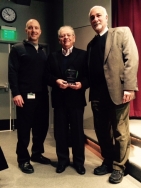
Claude Bouchard, PhD
John W. Barton Sr. Chair in Genetics and Nutrition
Human Genomics Laboratory
Pennington Biomedical Research Center -
2016
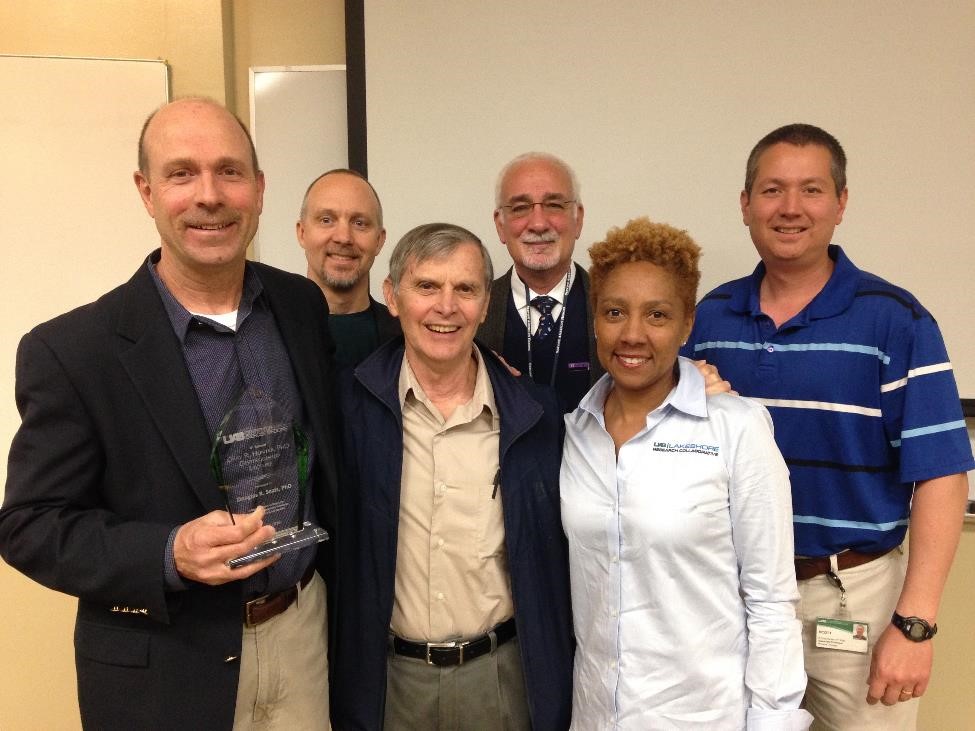
Douglas R. Seals, PhD
College Professor of Distinction
Department of Integrative Physiology
University of Colorado Boulder -
2017

Karyn Esser, PhD
Professor, Department of Physiology and Functional Genomics
Associate Program Director, Institute of Myology
University of Florida -
2018
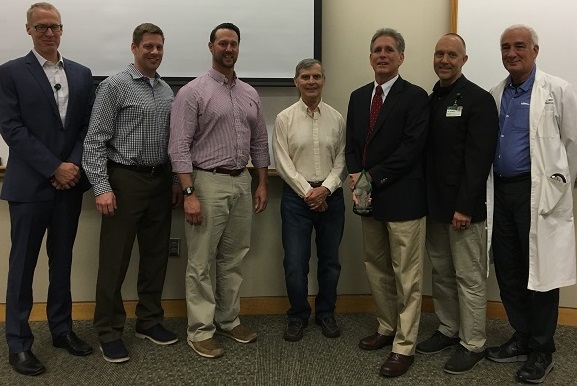
Joseph A. Houmard, PhD
Director, Human Performance Laboratory
Professor, Department of Kinesiology
East Carolina University -
2019
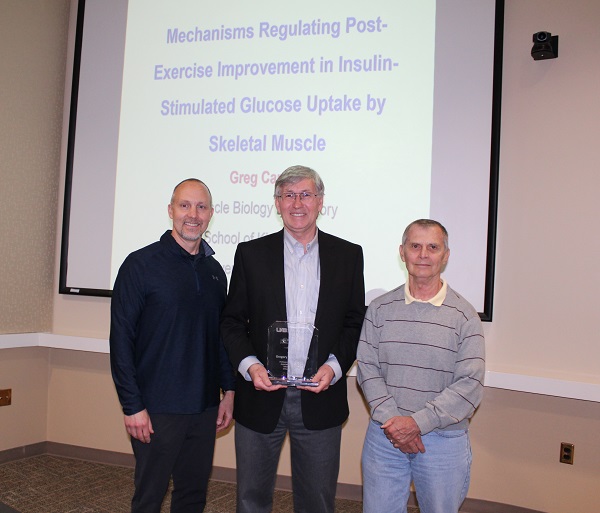
Gregory Cartee, PhD
Professor of Movement Science
Associate Dean for Research
School of Kinesiology, University of Michigan -
2020

Bret Goodpaster, PhD
Scientific Director / Senior Investigator
Advent Health
Translational Research Institute
Orlando, Florida -
2021 - Inaugural Hunter-Bamman Award
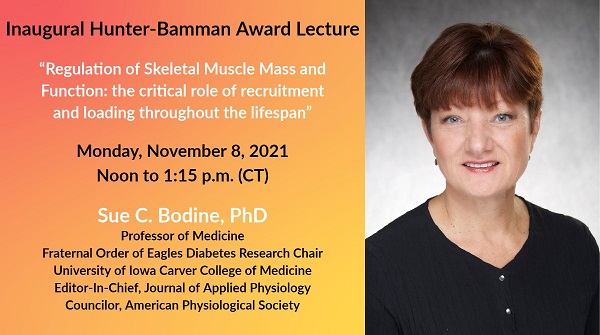
Sue C. Bodine, PhD
Professor of Medicine
Fraternal Order of Eagles Diabetes Research Center Chair
University of Iowa Carver College of Medicine -
2023

Laurie J. Goodyear, PhD
Professor of Medicine
Harvard Medical School and Joslin Diabetes Center -
2024
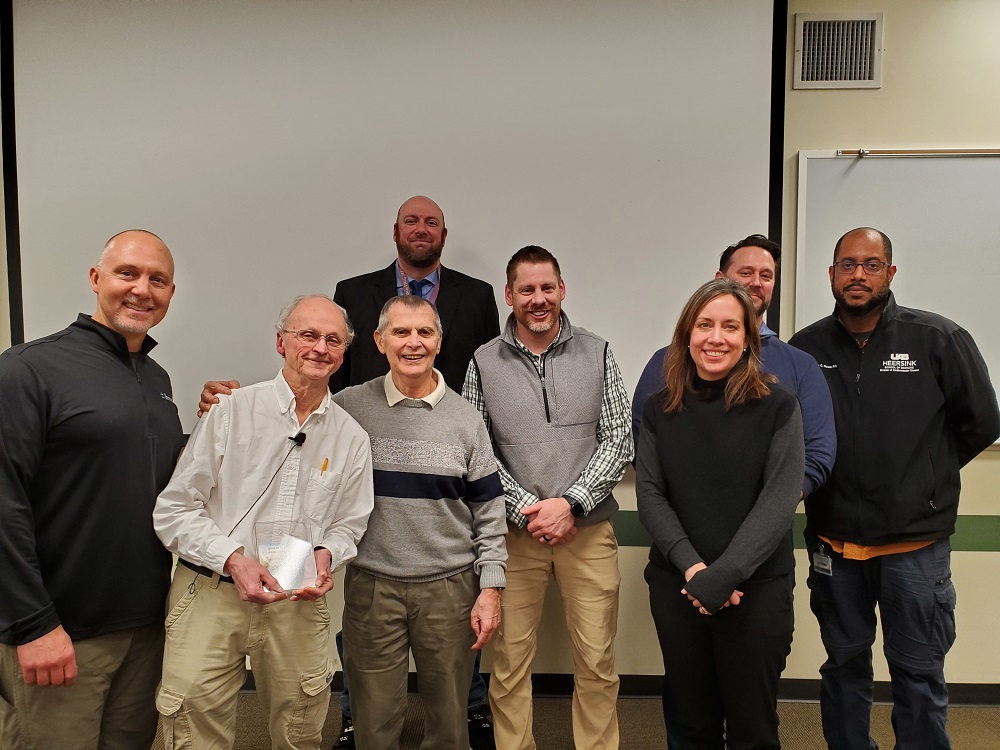
"NASA-ground-based animal models mimicking zero G (gravity) to sedentary effects on the rat hippocampus as a chronic disease model at 1-G (gravity)"
Frank W. Booth, PhD
Professor
University of Missouri -
2025

"Changing focus from protein mass to proteostasis for healthy muscle aging"
Benjamin F Miller, PhD
Program Chair and Professor
G.T. Blankenship Chair in Aging Research
Aging and Metabolism Research Program
Oklahoma Medical Research Foundation (OMRF)
OKC Veterans Affairs Medical Center,
Oklahoma Nathan Shock Center, Oklahoma Center for Geroscience,
and Harold Hamm Diabetes Center
